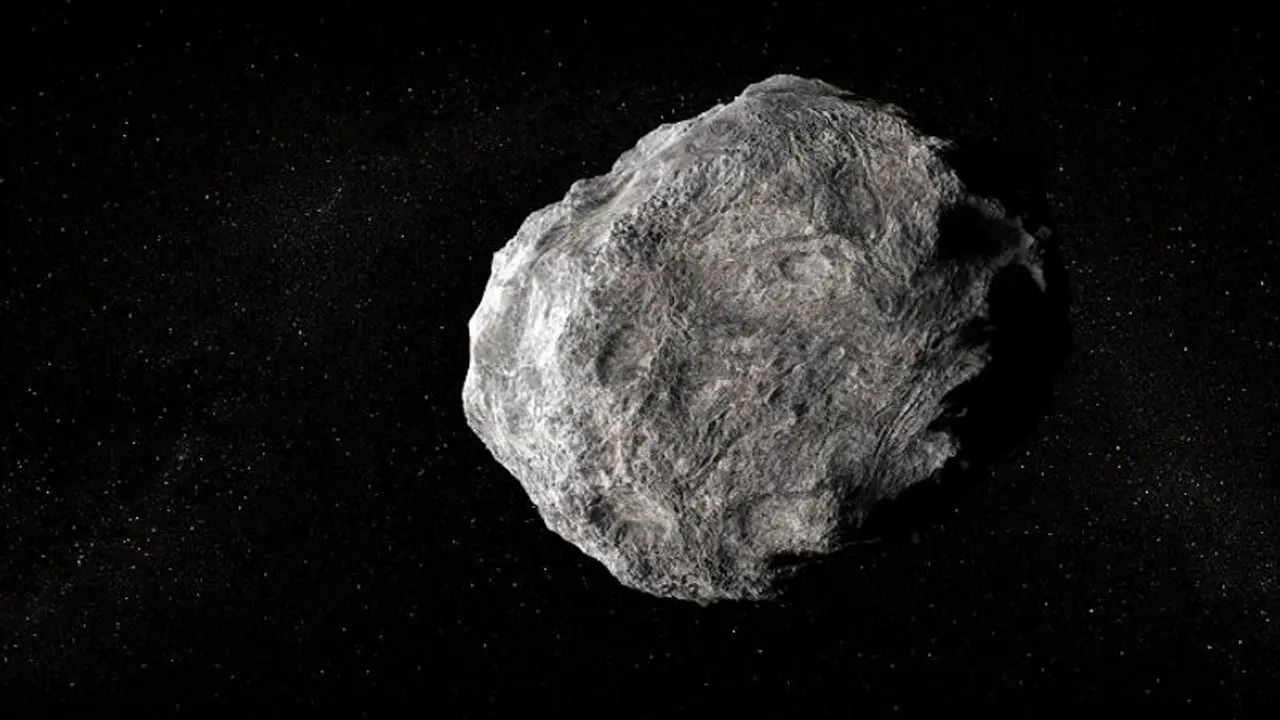The asteroid ‘2005 EX296’ has officially been renamed as ‘(215884) Jayantmurthy’ by the IAU’s Working Group on Small Bodies Nomenclature.
Bangalore: The Indian Institute of Astrophysics (IIA), Bangalore, made a groundbreaking announcement on Friday, that the International Astronomical Union (IAU) has named an asteroid after revered Indian astrophysicist Prof Jayant Murthy.
IAU is based in Paris, France, and was established in 1919. This non-governmental organization works with an aim of advancing astronomy on a global scale. As of 2018, it had 13,700 individual members from across the world.
Asteroid Jayantmurthy
The asteroid ‘2005 EX296’ has officially been renamed as ‘(215884) Jayantmurthy’ by the IAU’s Working Group on Small Bodies Nomenclature. The asteroid orbits the Sun between Mars and Jupiter, completing one revolution every 3.3 years.
Revered astrophysicist Prof Jayant Murthy retired from IIA in 2021 and works as an Honorary Professor. He holds a Doctor of Philosophy (PhD) degree from the Johns Hopkins University. After receiving the prestigious honour, he expressed his gratitude. He said, “I am thrilled to have an asteroid named after me, in connection with my work on the NASA New Horizons Science Team to observe the ultraviolet background radiation in the Universe.”
“A very rare honour”
With this remarkable achievement, Prof Jayant Murthy has joined the ranks of Prof MK Vainu Bappu and Prof JC Bhattacharyya, former directors of IIA, who also have asteroids named in their honour. The present Director of IIA Prof Annapurni Subramaniam described this historic moment as “a very rare honour.”
Prof Jayant Murthy’s research
Acknowledging Prof Jayant Murthy’s contributions, IIA highlighted that this honour recognizes Prof’s groundbreaking study of Pluto during its close flyby in 2015. Since then, the mission has also been able to explore the depths of the Kuiper Belt.
Prof Jayant Murthy’s research in this field involved measuring the cosmic ultraviolet background. This task is carried out from the outer reaches of the Solar System as it minimizes interference from the Sun and the interplanetary medium.
